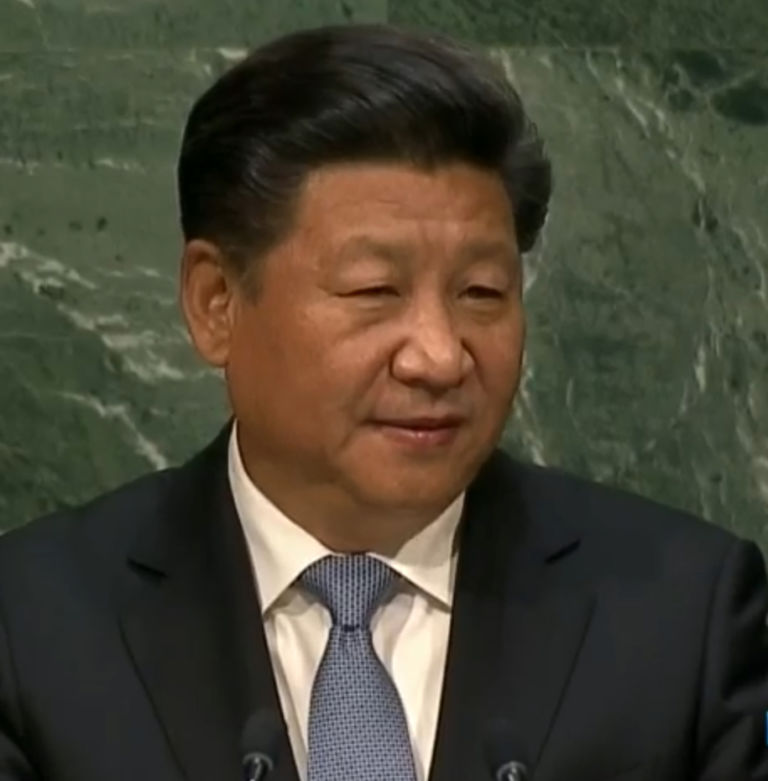Not in terms of the drug abuse, mind you, or the questionable company (although one could make a reasonable case that Sheen’s porn-star pals occupy a slightly higher moral plane than some of the Washington insider crowd).
No, President Obama might benefit by adopting Sheen’s “winning” mantra. At least that was one of the first thoughts that came to mind after reading Rich Lowry‘s latest National Review Online column.
Gen. Douglas MacArthur was wrong. There is a substitute for victory. It’s “ending wars responsibly.” In his Afghanistan-drawdown speech, President Obama struck his version of a Churchillian note when he warned, “This is the beginning — but not the end — of our effort to wind down this war.”
A cruder, more simplistic president from a bygone era might have couched the war in terms of our effort to win. For Obama, the paramount goal is ending, not winning. But ending “responsibly” — which in the case of Afghanistan may mean ending with enough of an interval of relative stability that our exit doesn’t seem an obvious defeat. …
… Say this for the president: He has remained true to the spirit of his deeply conflicted 2009 speech announcing the Afghan surge. In it, our fearlessly ambivalent commander-in-chief portrayed the surge as a temporary detour on the way to “a responsible transition of our forces out of Afghanistan.”
He told West Point cadets in that speech that “America will have to show our strength in the way we end wars and prevent conflict — not just how we wage wars.” Of course, ending wars is only superficially in our power. We are now on a faster path to ending our part in the Afghan War, but the Taliban, the Haqqani network, al-Qaeda, and other extremists have no intention of ending theirs. They lack the sophistication to realize that winning is “out” and ending is “in.” …
… The point Obama’s speech built toward was his insipid exhortation, “America, it is time to focus on nation building here at home.” This sentiment — as clichéd as it is jejune — represents Obama’s deepest strategic impulse. It’s George McGovern’s call to “come home, America,” wedded to subsidies for windmills and electric cars. It is shot through with declinism about our role in the world and fantastical beliefs about the powers of industrial policy at home.


